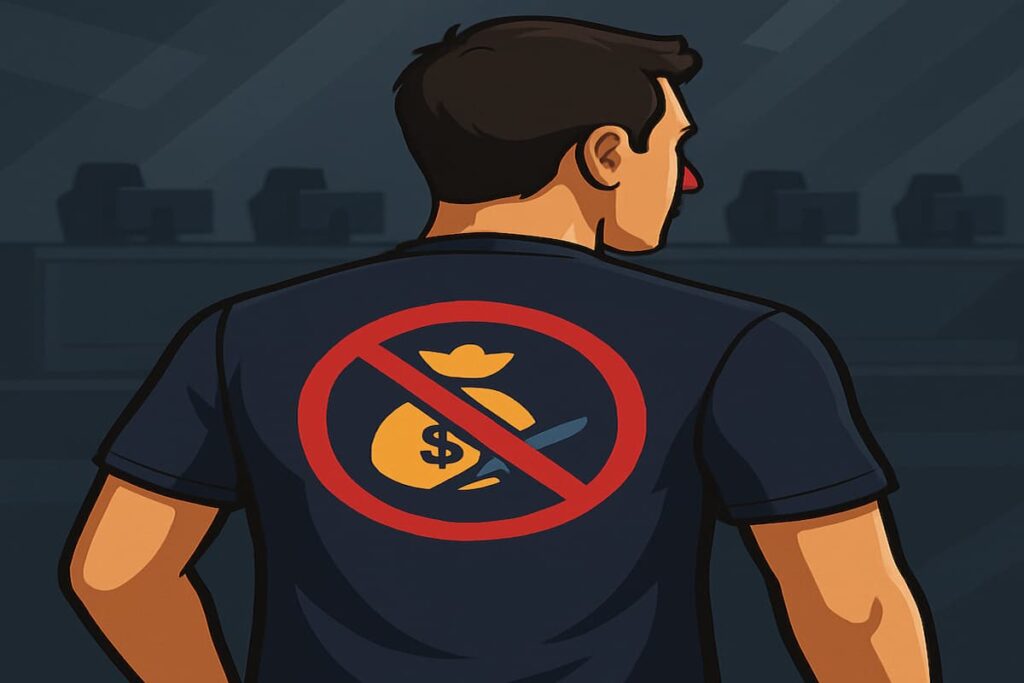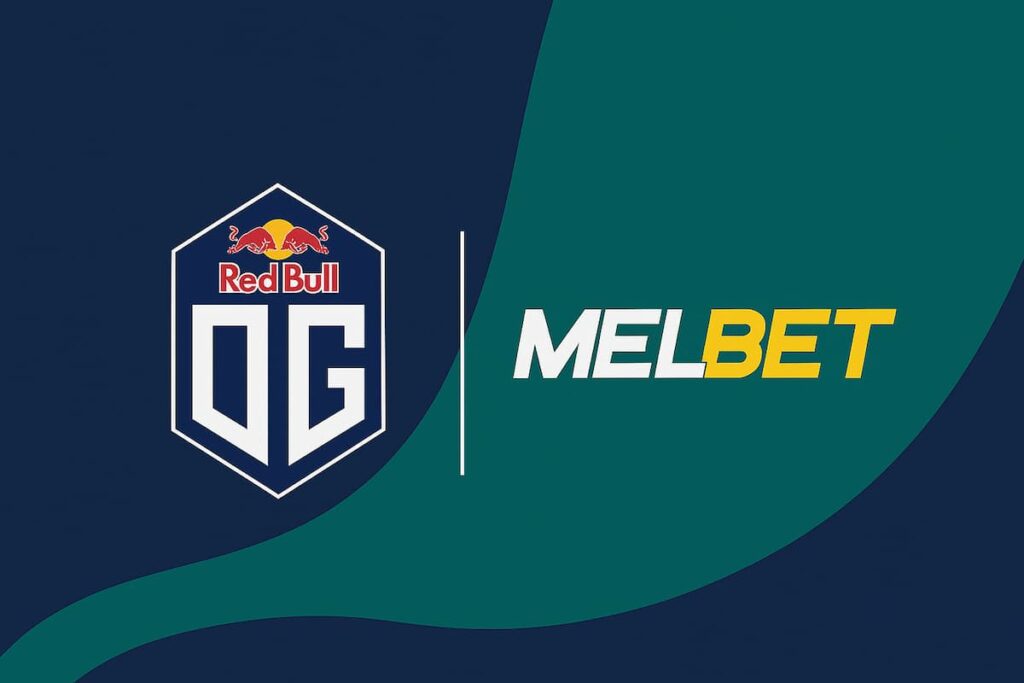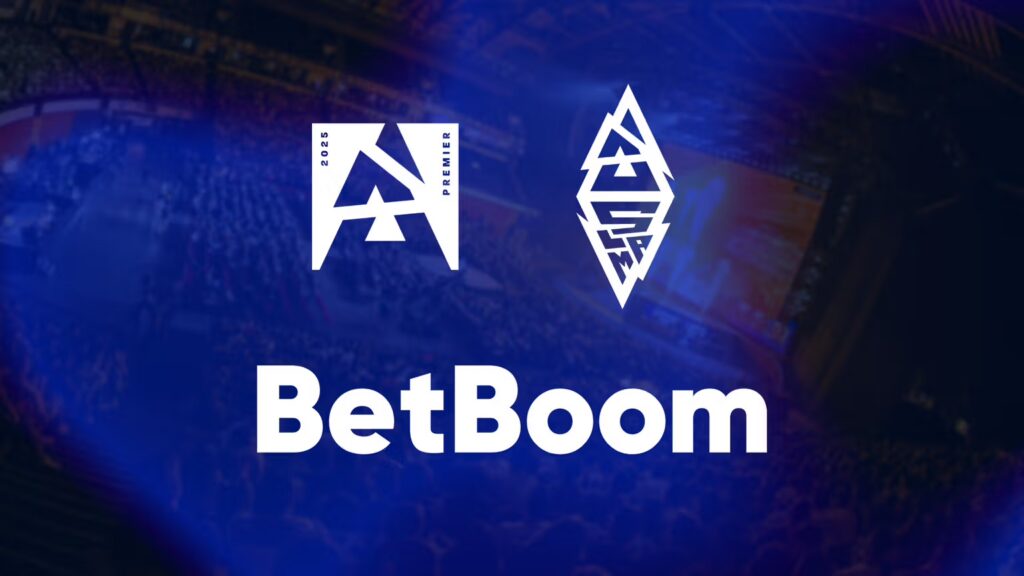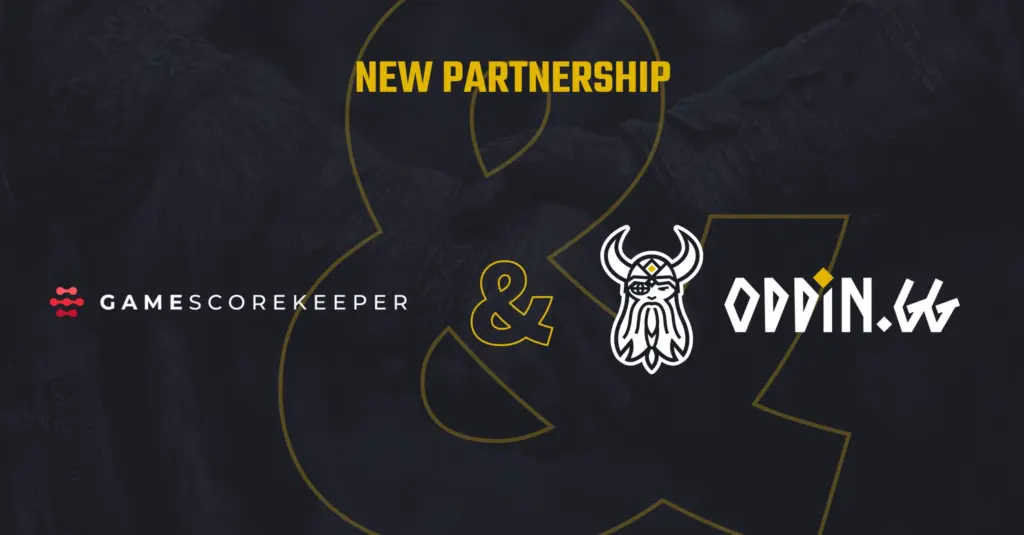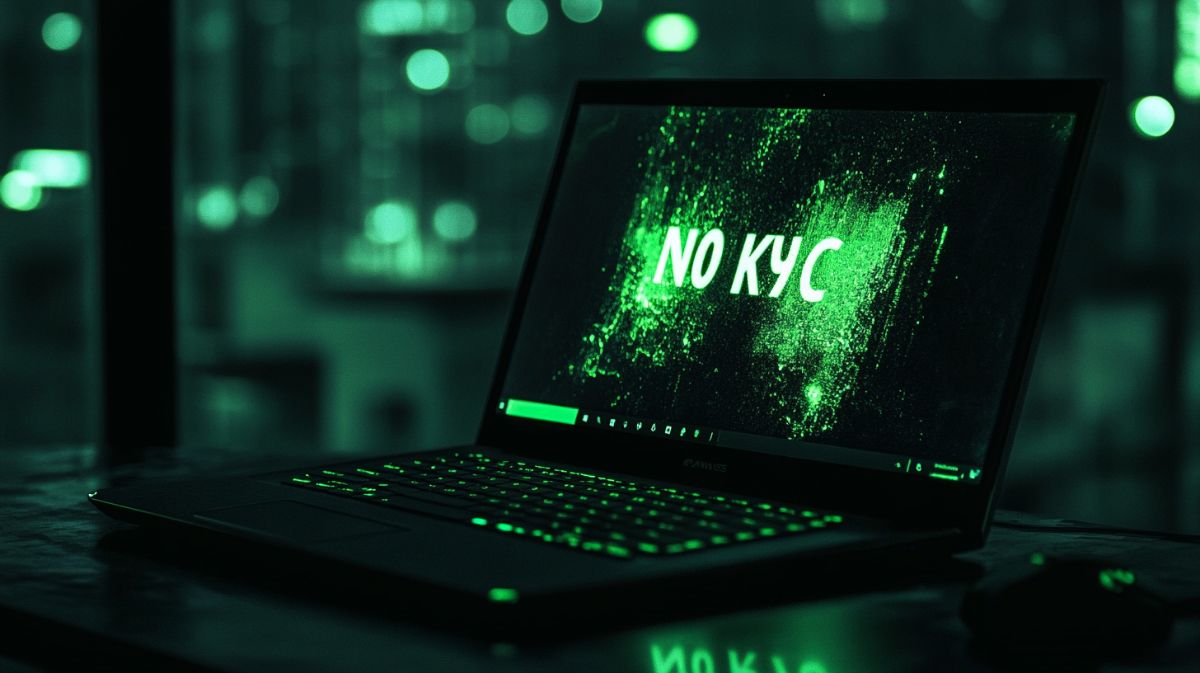Breakthrough for Middle Eastern esports, change is on the horizon
When it comes to esports, some regions of the world seem to perform better than others. This is largely for cultural and financial reasons, but it’s still true – South Korea, the US and, for example, Japan or the UK tend to perform quite well in a variety of esports.
It’s a little less common to see areas like the Middle East represented in the upper echelons of esports, but that’s exactly what happened in August this year.
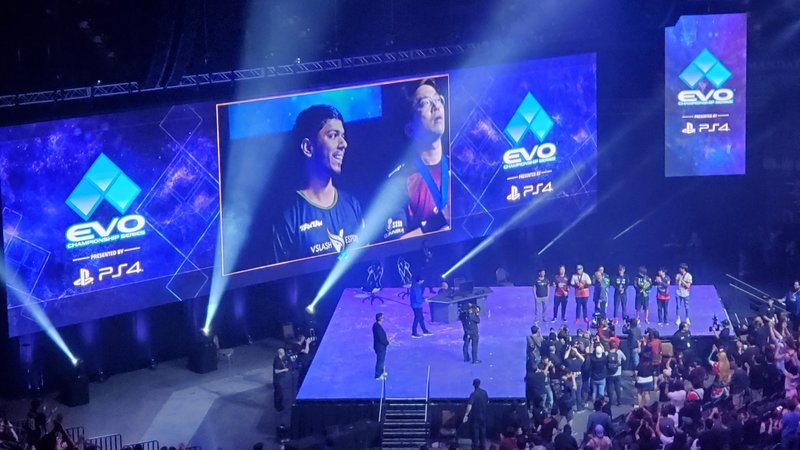
© EVO
Arslan “Arslan Ash” Siddique from Pakistan won the Tekken 7 Grand Championship. It’s not his first win either – he is a two-time Evo winner and also participated in the Fate Invitational.
Now sponsored by Team Vslash, Arslan initially struggled to compete internationally because he couldn’t get approved for visas to places like Japan or the US. Issues like this hold back players from many places, but especially the middle east and Africa, where esports participation is significantly lower than anywhere else.
A new player on the world stage
Arslan isn’t the only skilled Pakistani player – after similar issues faced by other players, Awais “Awais Honey” Parvez also participated in and won large Tekken competitions. More specifically, he won the FV Cup this August. It was the first major outside of his country that he ever attended, and he managed to defeat one of the best players in the world in a pretty impressive match-up.
Winning big on his first international appearance shows something many esports fans fail to consider – the untapped or hindered potential held by players that for whatever reason struggle to gain access to the world stage.
Korea has, for a long time, dominated the Tekken scene (as well as many other esports), yet not one but two Pakistani players caused some major upset within weeks of each other, and with almost no international experience behind themselves.
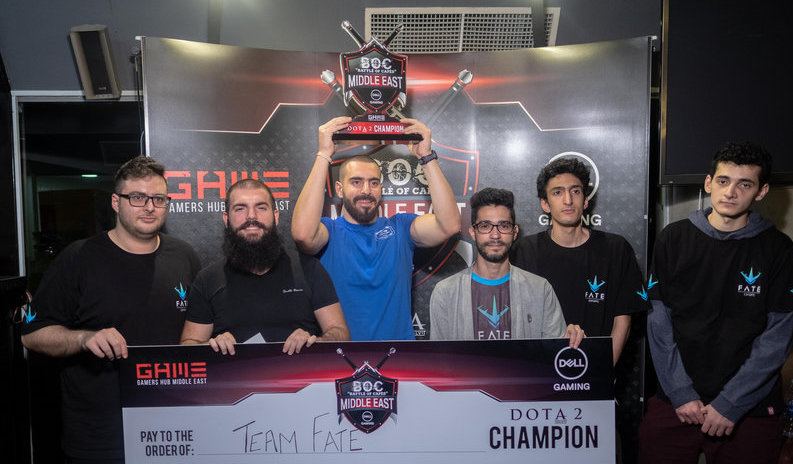
© IGN Middle East
Fate Esports is another example of talented players from the Middle East. The Jordan-based team started out with a Dota 2 roster and has since expanded to games like CS:GO and Tekken 7. The organisation operates in Jordan, Bulgaria, Pakistan, and South Korea – with the exception of Korea, all places with somewhat less developed esports scenes.
The organisation even held its own esports tournaments, which saw quite a bit of success in the region. Having been established in 2017, the relatively young team is one of the biggest beacons of hope for Middle Eastern esports, and given the talent the region is clearly hiding, it’s only a question of time before more emerging pro players enter the scene.
Events like the Fate: Global Masters invitational are a great way of drawing attention to both the region and players within it that haven’t had the chance to compete internationally despite their skills. The regional trend is definitely up – this year has marked the highest number of esports events in Jordan ever, and it has already led to more interest from investors, sponsors, and professional teams.

